Professor Lise Øvreås has been elected new president of The Norwegian Academy of Science and Letters. She will be the third woman to hold this top position.
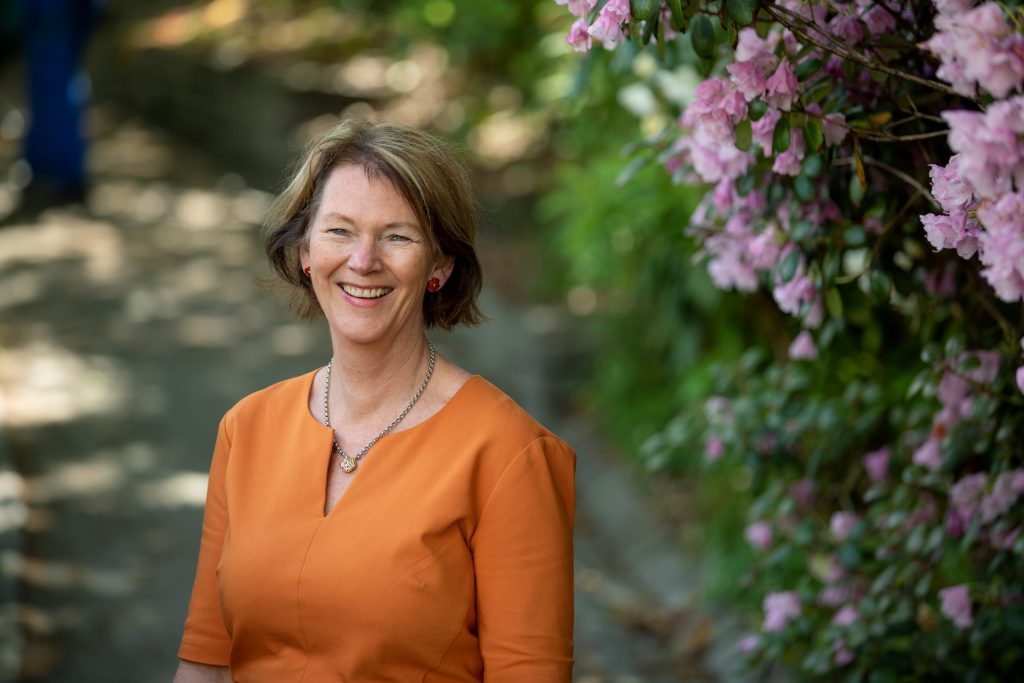
Lise Øvreås is the new president of the DNVA. Photo: Eivind Senneset/UiB
Lise Øvreås is Professor of Geomicrobiology and Director of the Center for Sustainable Seas at the University of Bergen (UiB), and Professor II at UNIS. She has broad management experience and a strong national and international career.
– I greatly appreciate being elected president of the Academy, and I look forward to taking part in its further development, says Øvreås.
In her election speech, she mentioned sustainable change, scientific advice, and the promotion of free and independent research as some of her flagship issues for the Academy in the future.
Sustainability, the sea, and academia
Øvreås is educated at UiB and has, among other things, been vice dean for research at the Faculty of Mathematics and Natural Sciences. As director of Ocean Sustainability Bergen, scientific advice and the UN’s sustainability goals are two of her fields of experience.
She has been a member of the Academy of Sciences since 2013 and has previously been a board member and vice president. She represents Norway in the European Academy Science Advisory Council (EASAC) and is a member of the National Committee for the Year of Marine Research.
UiB Rector Margareth Hagen congratulates Lise Øvreås on an important position:
– The Academy of Sciences plays an important role in promoting science both in Norway and internationally, and Lise Øvreås, with her background in ocean and sustainability, is the right person to lead the academy further, says Hagen.
Third woman since 1857
Øvreås joins the leadership position in January 2022 and is elected for three years. She takes over from Hans-Petter Graver, UiO, who has been president since 2019. The president is also chairman of the board.
Øvreås is the third woman among 48 leaders in the Academy of Sciences since 1857. Her predecessors have been Professor Inger Moen (1998-2003) and Professor Kirsti Strøm Bull (2012-2015), both from the University of Oslo.
You can read this article, written by Åshild Nylund, in Norwegian here.

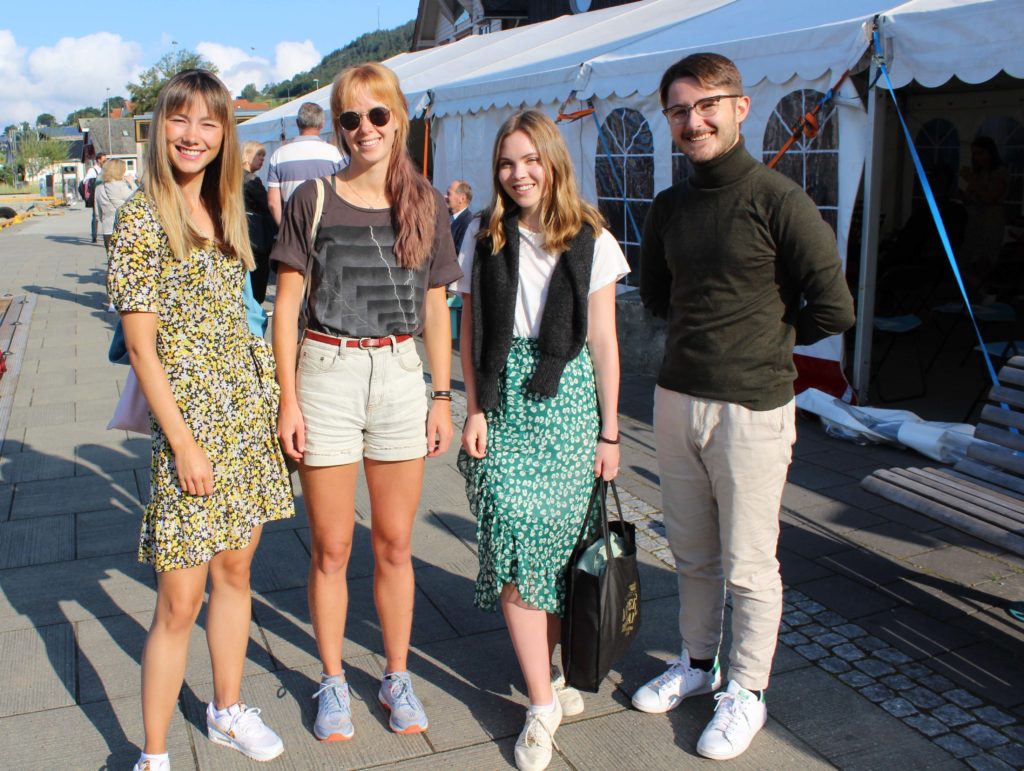
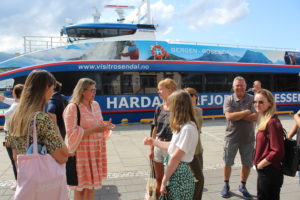
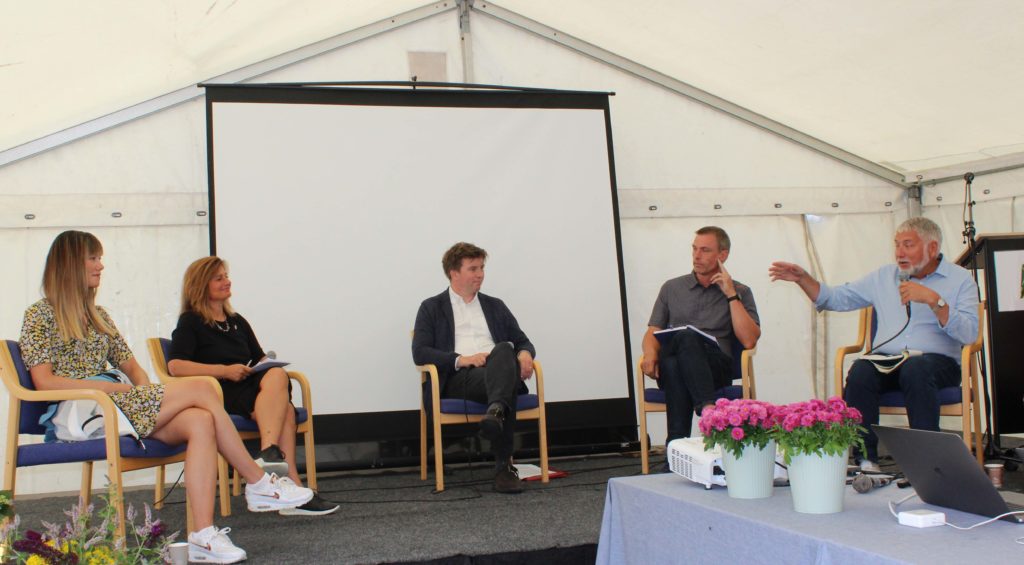
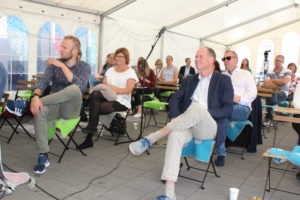
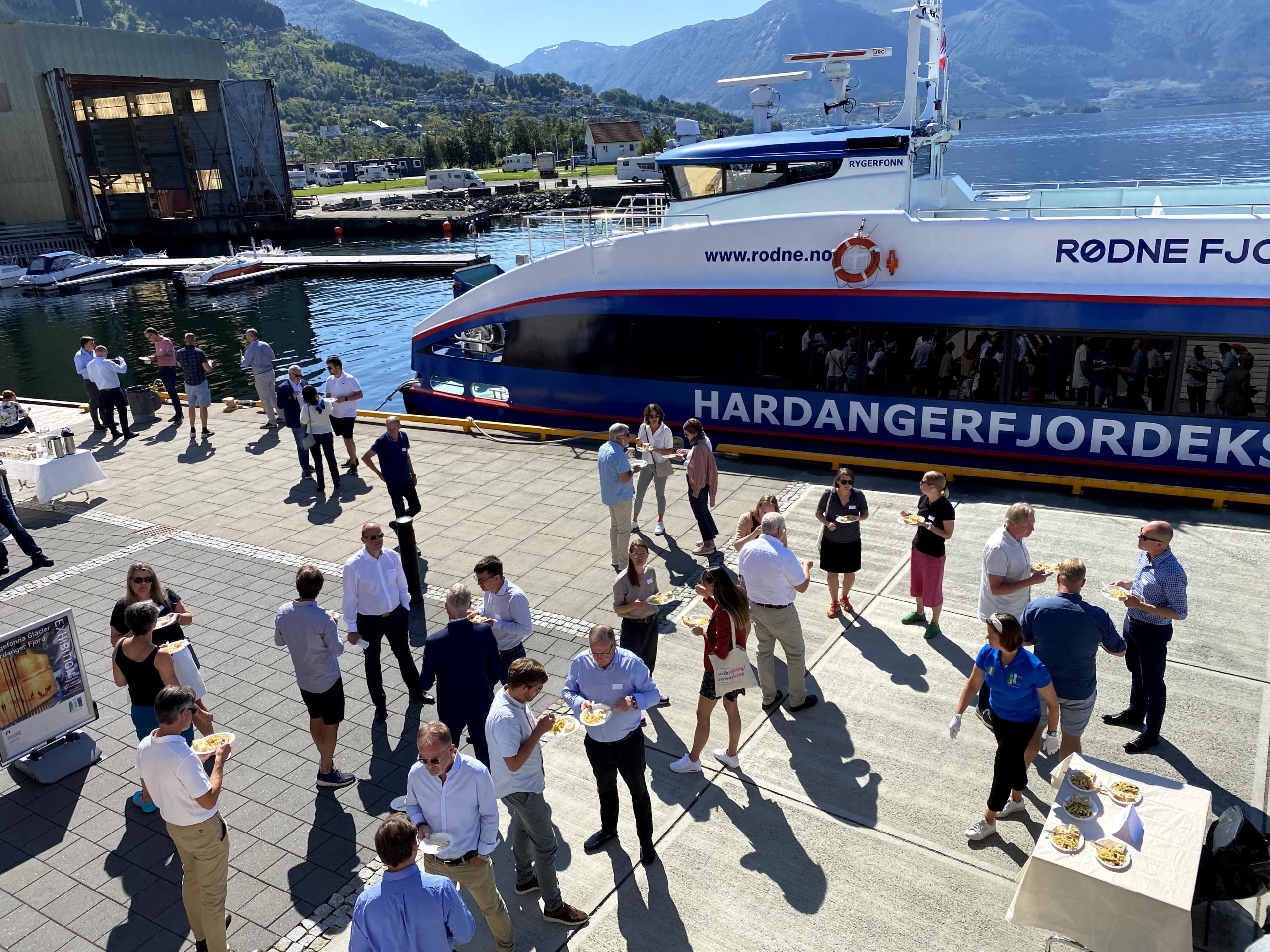
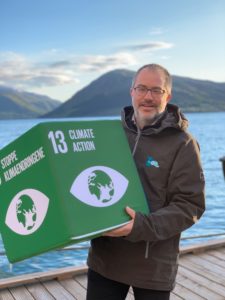
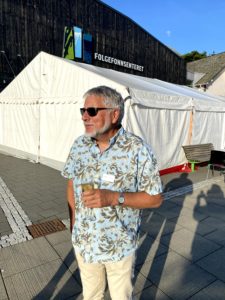
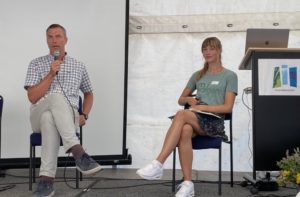
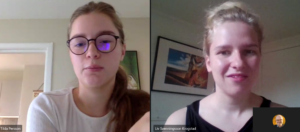
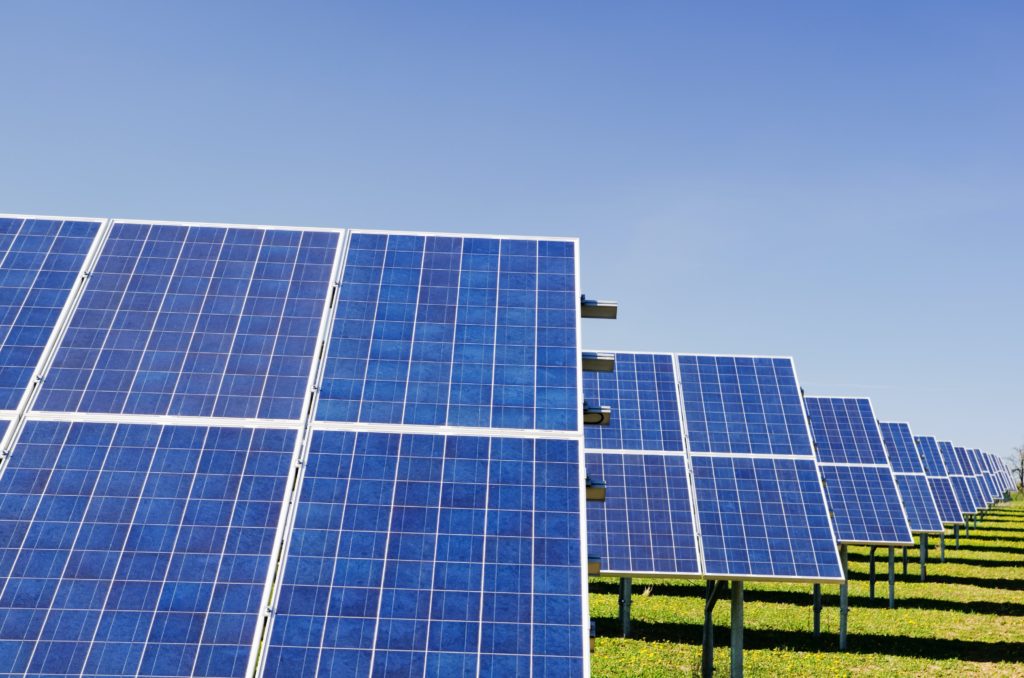
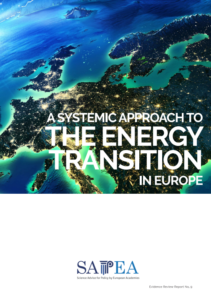
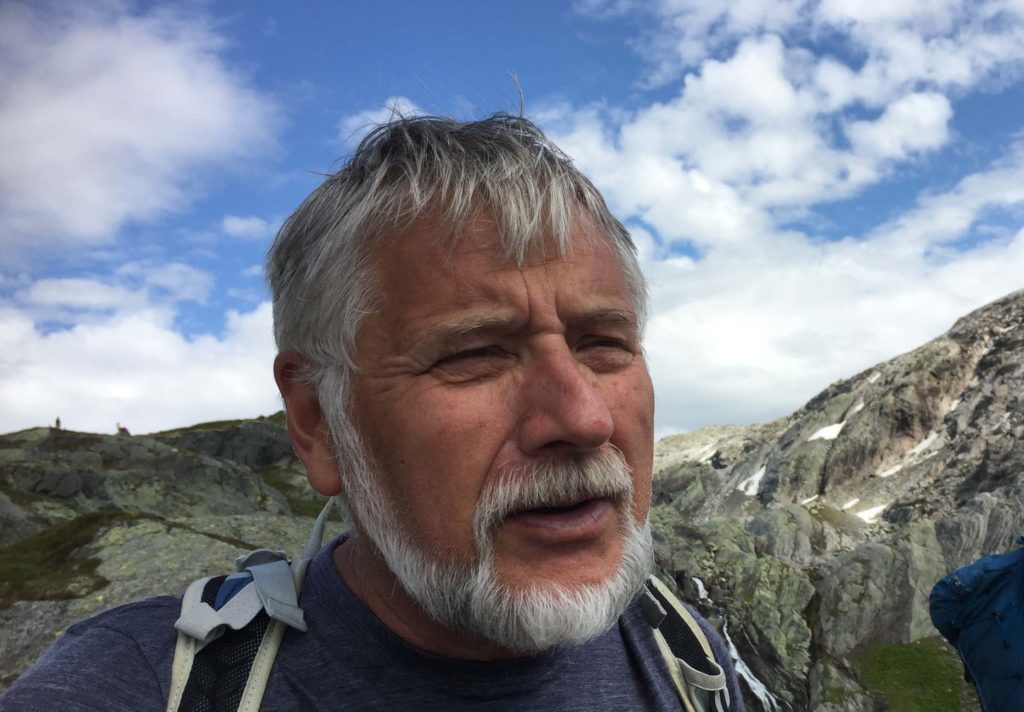
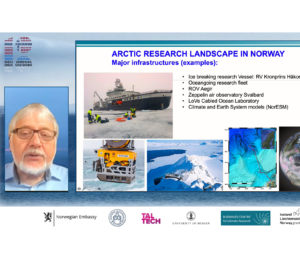
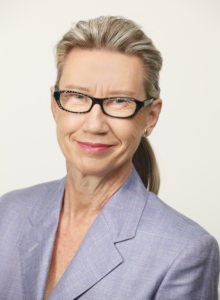
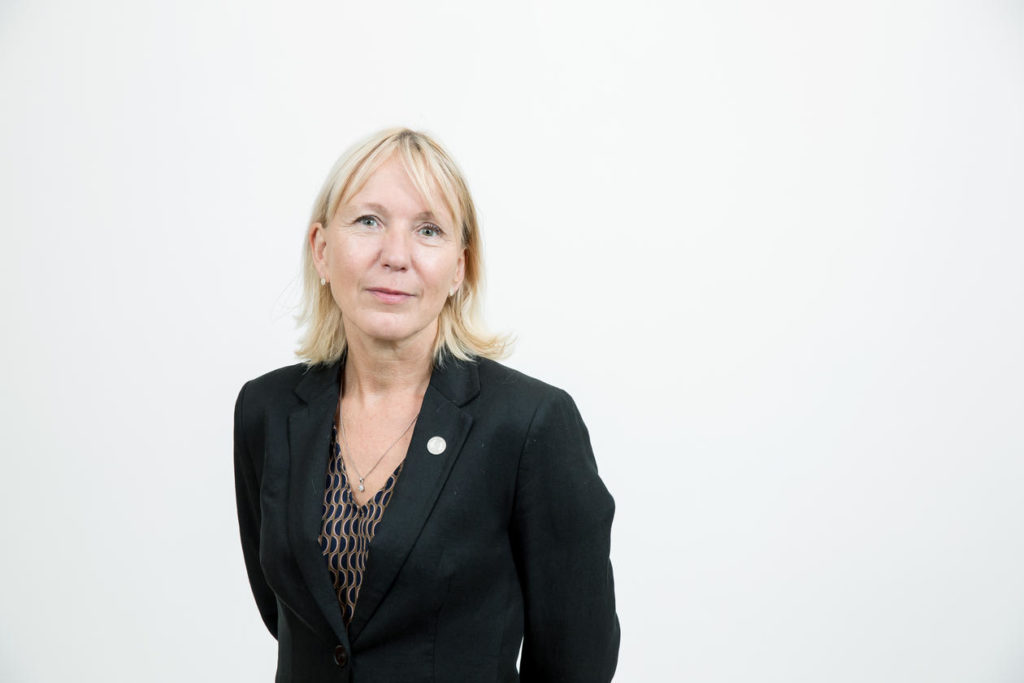
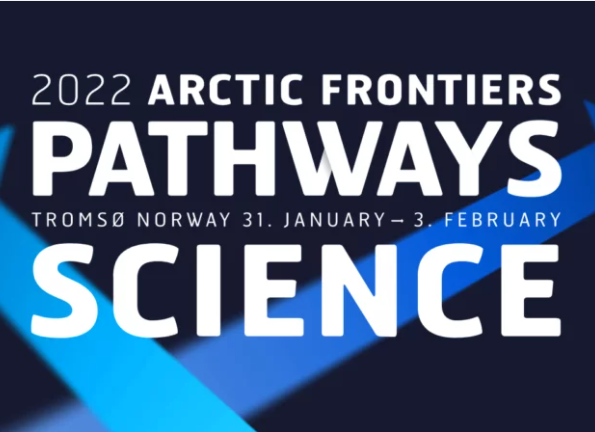
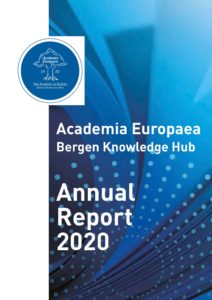 Several organisational developments took place, such as the establishment of a not-for-profit- company to be able to organise and coordinate activities e.g., for project management within Horizon Europe. Our nomination of Rebecca Cox to the SAM (Scientific Advice Mechanism) expert group on ‘How can Europe ensure adequate management of and better preparedness for future epidemics and pandemics in the global context?’ resulted in her participation as expert consultant for the report commissioned by the EU.
Several organisational developments took place, such as the establishment of a not-for-profit- company to be able to organise and coordinate activities e.g., for project management within Horizon Europe. Our nomination of Rebecca Cox to the SAM (Scientific Advice Mechanism) expert group on ‘How can Europe ensure adequate management of and better preparedness for future epidemics and pandemics in the global context?’ resulted in her participation as expert consultant for the report commissioned by the EU.